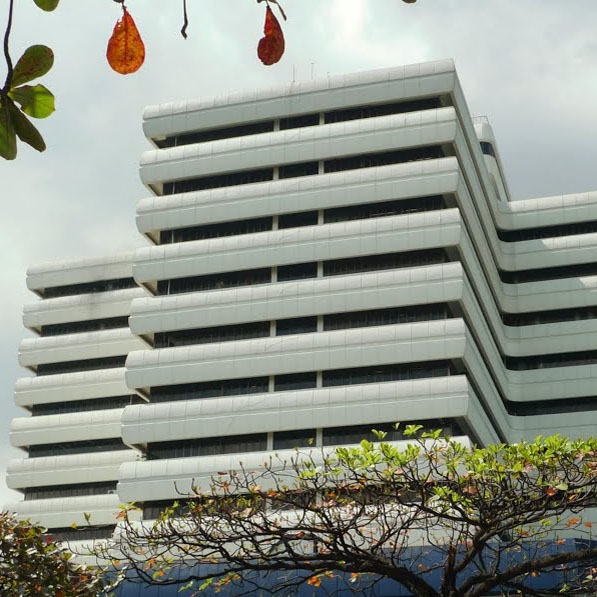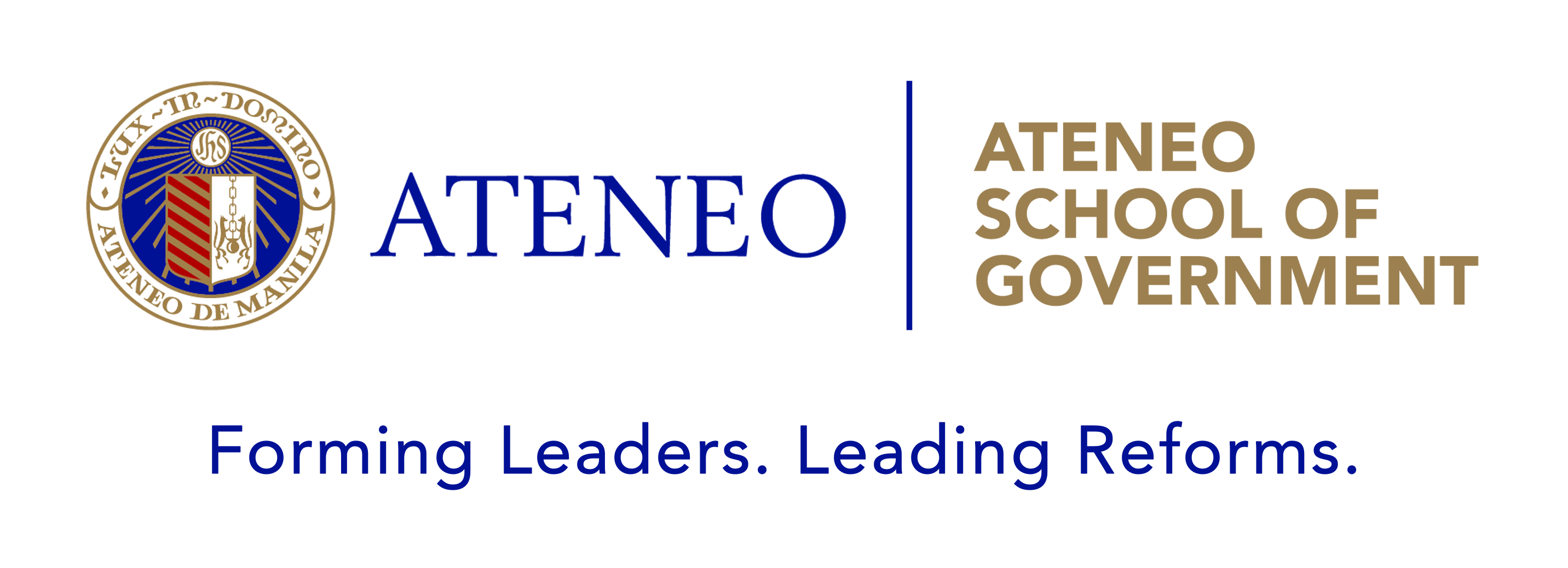Personal Income Tax
Socioeconomic Issue on Spotlight

In 2005, the University of the Philippines School of Economics published a report that underscored the importance of fiscal policy in ensuring growth. The same report, however, noted that despite tax reform programs and initiatives, the Philippines still succumbed into a financial crisis brought about by the deterioration of the tax system (Diokno 2005). More than a decade later, Diokno’s analysis of the unresponsiveness of the current tax system to the changes in the economy is still a burden to Filipino taxpayers.
These fiscal imbalances, according to the Asian Development Bank (2011), negatively affect the delivery of basic services, such as infrastructure, education, and health.
Hence, the clamor to amend the personal income tax law, which is levied directly on a person’s income, progressed in recent years as a result of the inconsistencies of the law to the current economic status of the country. The Philippines, in fact, has not adjusted its personal income tax system since 1998. To make the matter worse, “personal income tax has been low and thus its progressivity has been falling over the years” (ADB 2011, p. 8).
According to the analysis of Rosario Manasan (2016, p. 5), senior research fellow at the Philippine Institute for Development Studies (PIDS), the “proposals to amend the personal income tax schedule appear to be well-justified from the perspective of (1) eliminating bracket creep and (2) easing the tax burden on Filipino personal income taxpayers relative to their Southeast Asian neighbors.”
Currently, there are several income tax reform proposals pending in both houses of Congress (i.e., Senator Recto's Senate Bill [SB] 716, Senator Aquino's SB 1942, Senator Angara's SB 2149, Rep. Quimbo's House Bill [HB] 4829, and Rep. Colmenares and Rep. Zarate's HB 5401). All of them, according to Manasan, aims to address bracket creep, which occurs when employees’ income increases over time as a result of inflation. This pushes them to pay higher taxes, but their purchasing power remains the same.
Manasan, however, warns that while being progressive, all tax reform proposals mentioned will negatively impact government revenue. Increasing value-added tax and imposing excise tax on sugar-sweetened beverages are some of the options that government can consider upon amending the personal income tax law.
With the upcoming elections, the Philippines is in a good position to pursue amending the personal income tax law. Dikono (2005) believes that tax reforms should be done at the start of an administration, as successful reforms require broad political support and political will.
The Socioeconomic Research Portal for the Philippines (SERP-P) offers a number of tax-related studies that deal with personal income tax, withholding tax system on individual payers (NTRC 2011), government expenditures relative to tax (NTRC 2011), and tax neutrality (CPBRD 2012), among others.


